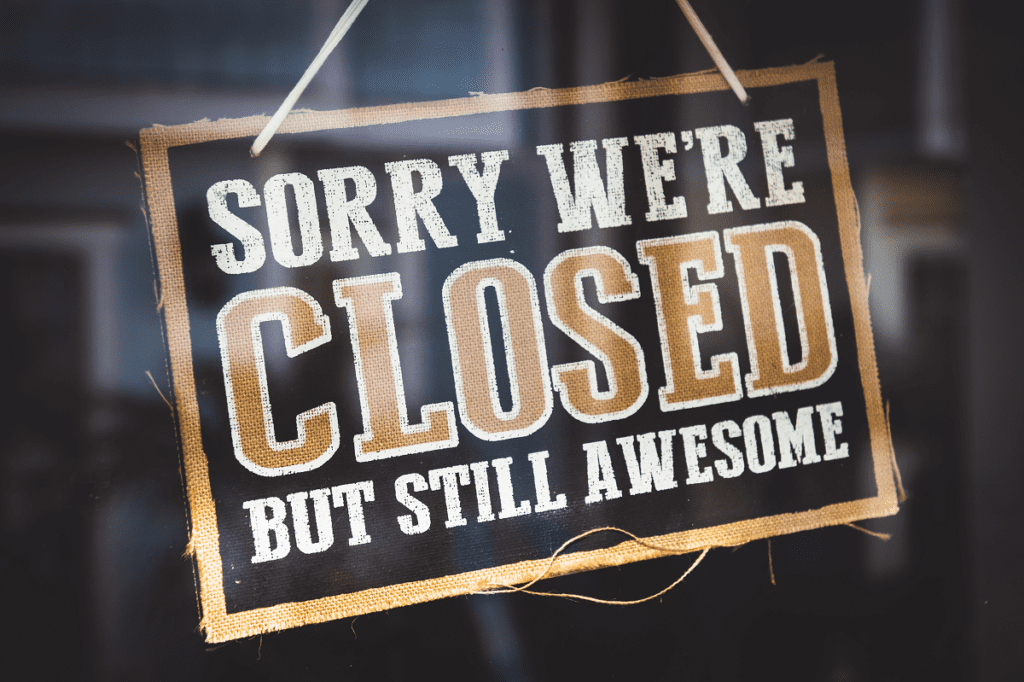
The short answer is, for many it will be a fight. Bottom line: Don’t take no for an answer until you’ve exhausted all arguments and avenues for help. And there are many of them.
United Policyholders is hard at work curating solid guidance to arm businesses for the coverage battles that lie ahead. Just as we arm the victims of natural disasters with tools and tips to pro-actively document and value their losses, understand insurance realities, enforce their legal rights and find qualified help, we will be helping businesses in a similar way.
Businesses that carry any kind of insurance for their operations need to get complete and current copies of all policies that may be in force and review them carefully and be tracking and documenting their losses. A 2006 ISO exclusion for virus-related losses is in many policies and will be a substantial obstacle to insurance recovery in this situation. For businesses that have policies that don’t contain that ISO exclusion, there is another hurdle to securing insurance coverage: Longstanding policy language that requires physical damage to trigger a covered business interruption loss. However, an Emergency Executive Order issued by New York City Mayor Bill de Blasio and a Proclamation issued by New Orleans Mayor LaToya Cantrell specifically cite property damage caused by the virus, and are arrows in policyholders’ quiver.
Guesstimates are that less than half of U.S. businesses have insurance policies that cover business interruption, and even fewer have “contingent business interruption” coverage in place. Contingent business interruption coverage is supposed to compensate for losses due to supply chain interruption and/or partner/vendor losses that impact the insured. But for those who have one or both types of coverage, United Policyholders is here to help increase your business’ chances of securing urgently needed insurance funds to recoup your COVID-19 losses.
Experienced policyholder firms including Anderson Kill, Merlin Law Group, Reed Smith and others have already issued good guidance, see below, and a lawsuit filed by attorney John Houghtaling on behalf of a New Orleans restaurant is the first of many legal challenges that will be mounted on behalf of damaged businesses. Note that the restaurant plaintiff was paying $86,000 annually for insurance protection. Not unreasonable for a policyholder to think that investment would yield financial protection in this situation.
Legislators in New Jersey have already moved to force insurers to honor COVID-19 small business losses. The success/outcome of this approach is TBD. We expect other states to follow suit. Members of Congress recently called on insurance trade association leaders to “work with your member companies and brokers to recognize financial loss due to COVID-19 as part of policyholders’ business interruption coverage”. As mentioned above, the mayors of New York City and New Orleans have issued orders that specifically identify property damage caused by COVID-19 as a reason for the civil authority mandating business closures.
Regardless of the success of these initiatives, similar ones helped motivate insurers to voluntarily pay claims they otherwise might have rejected after past disasters including Hurricane Katrina and Superstorm Sandy.
Losses associated with COVID-19 include:
- Business interruption costs
- Supply chain disruptions
- Lost revenue or income
- Closure related costs
- Blocked access to a plant or facility
- Event cancellation
- Costs related to COVID-19 lawsuits (including defense costs and third-party liabilities)
- Losses related to customers unable to purchase goods or services
- “Directors and Officers” claims
Here is the latest from our network of professional policyholder advocate volunteers and sponsors:
- Novel Coronavirus (COVID-19): World economy braces for impact. Insurance may soften the blow to your company (Reed Smith)
- Insurance coverage for losses stemming from the Coronavirus (Anderson Kill)
- Coronavirus Insurance Coverage Update – Politicians becoming involved (Merlin Law Group)
- An early round-up as published in the legal journal Law 360: Coronavirus civil authority coverage may hinge on science.
